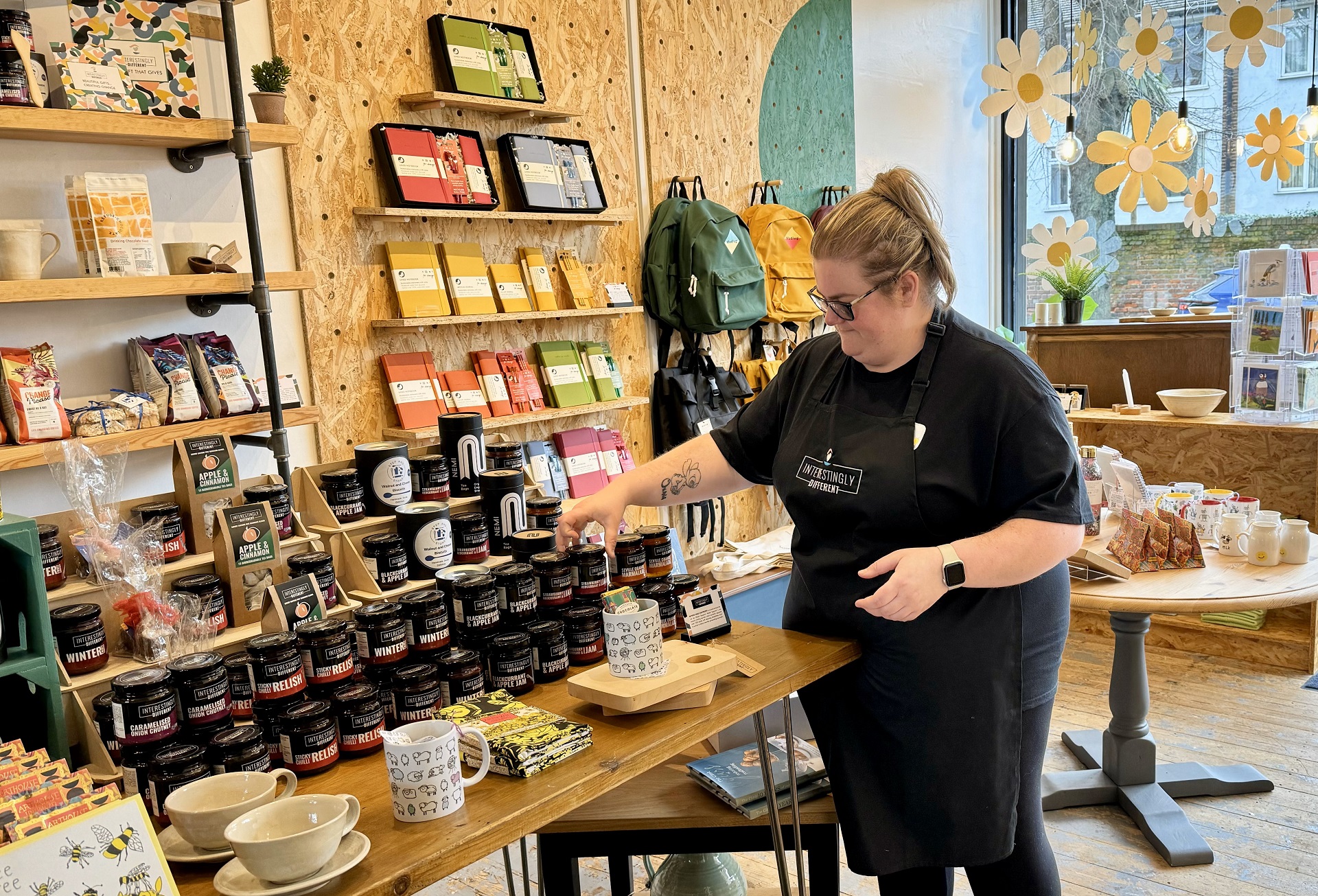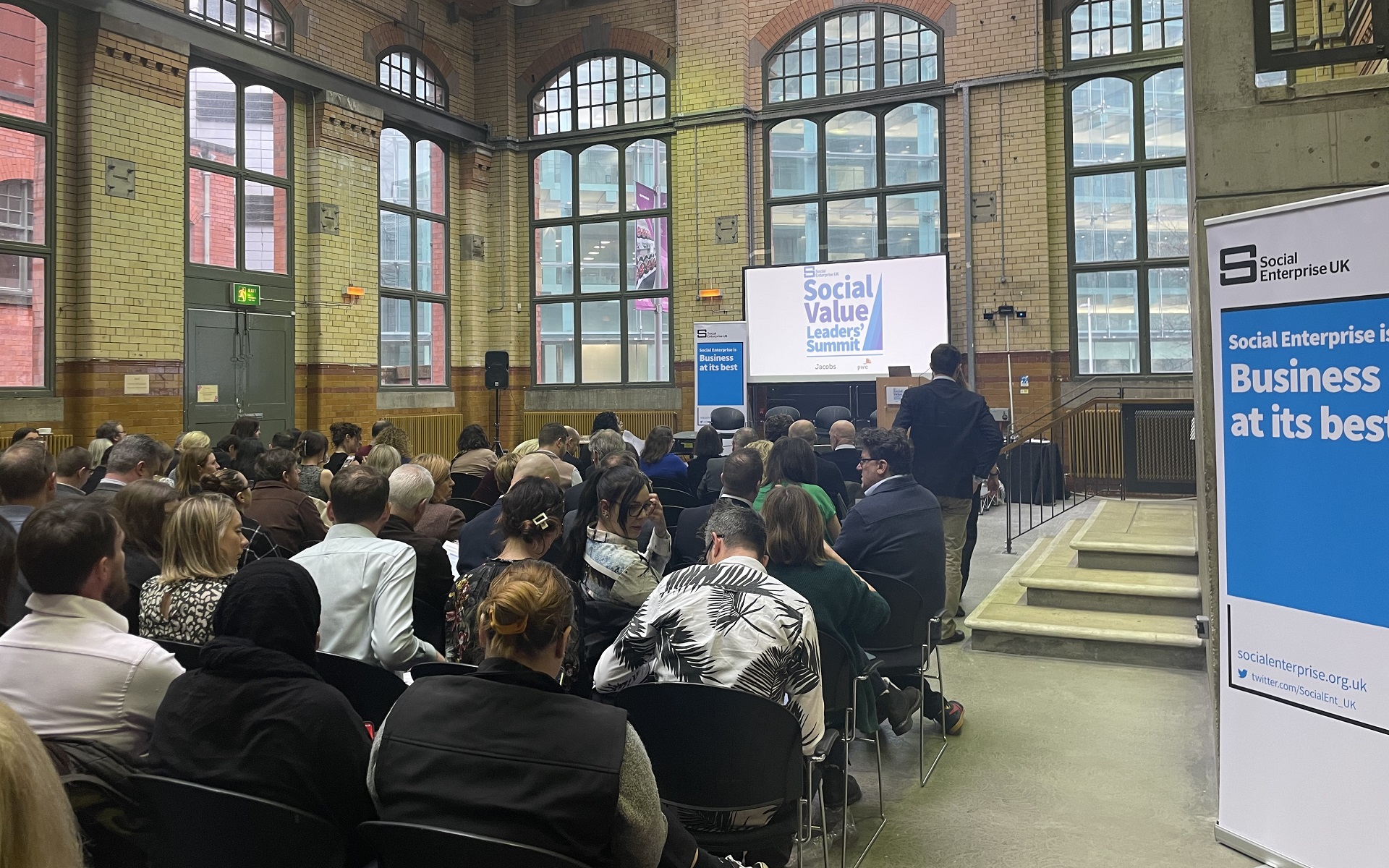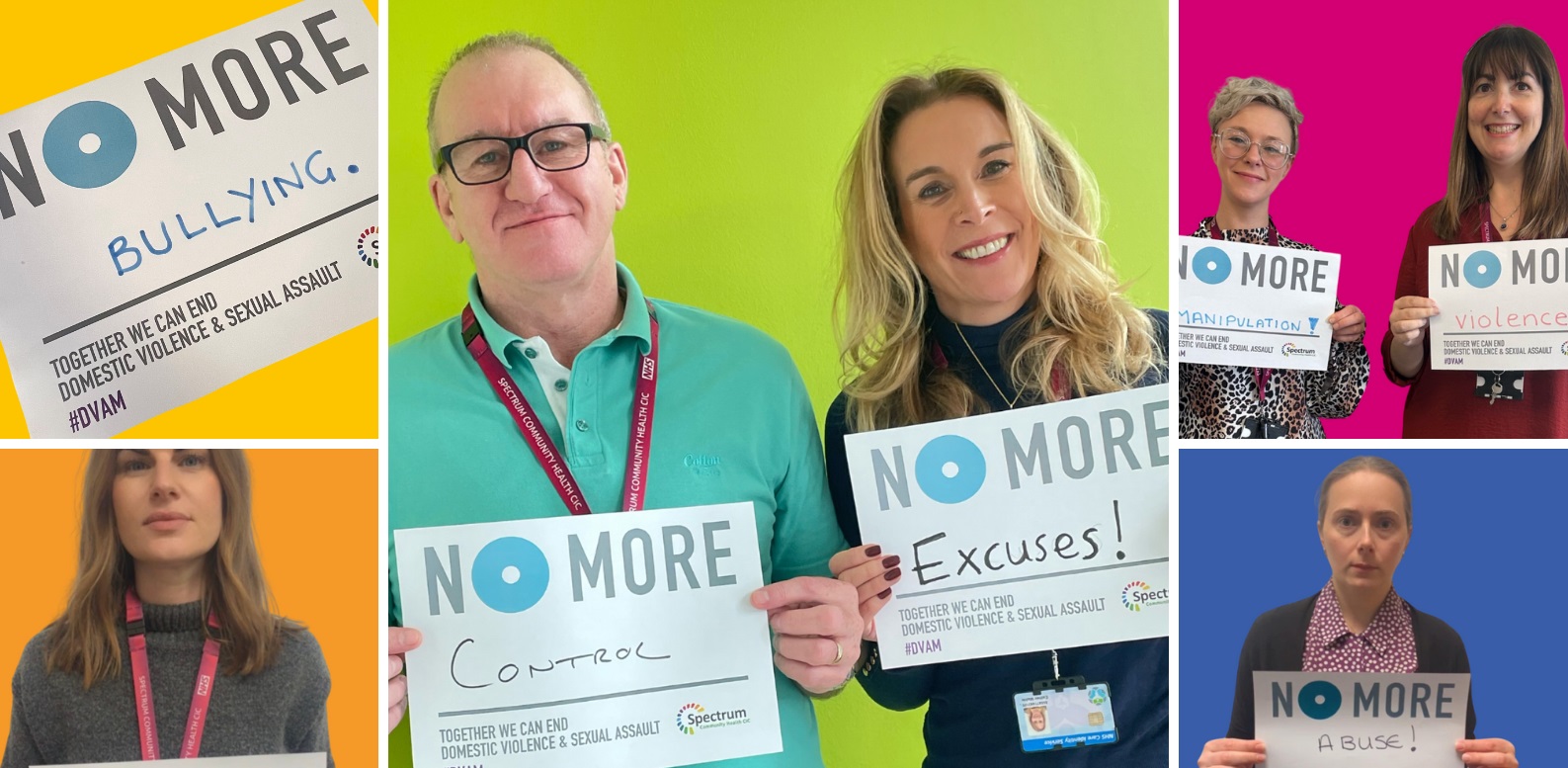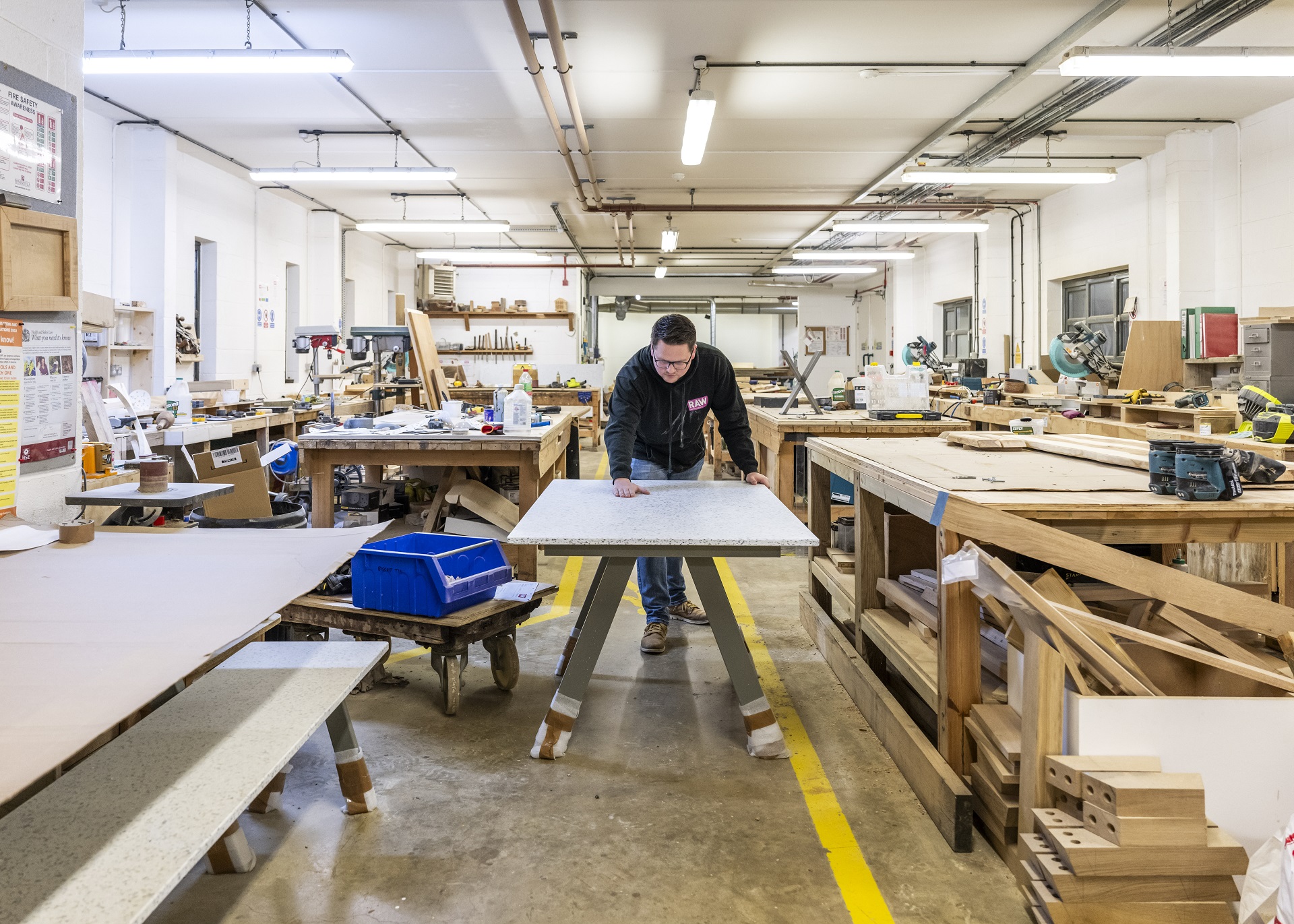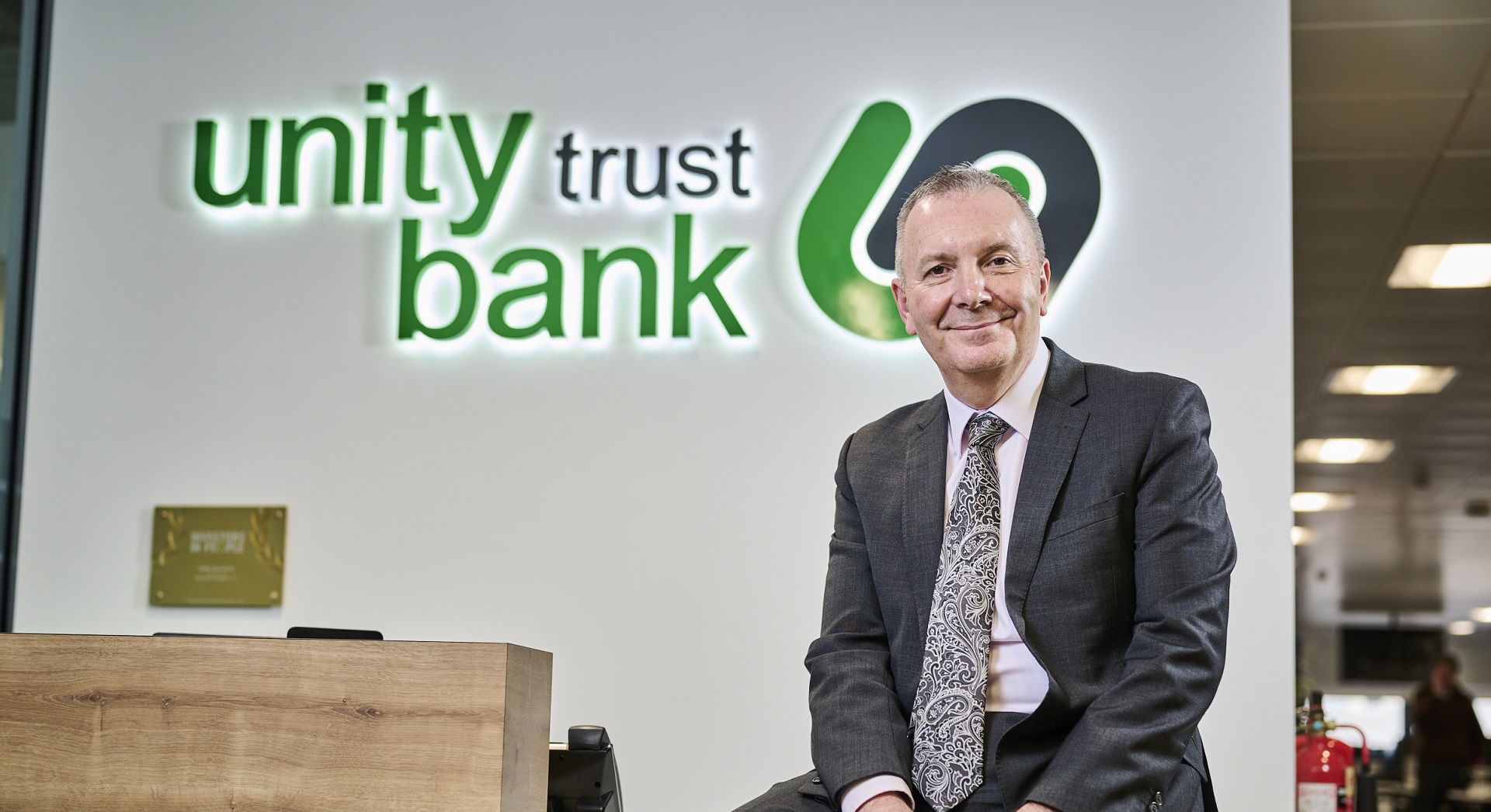
Member updates
Unity Trust Bank reports record £1 billion social impact lending
Unity Trust Bank, which supports organisations to deliver positive social impact around the UK, has reported a record level of lending in its annual results for 2023. Exceeding £1 billion for the first time in its 40-year history, almost half of Unity’s financing last year (45.3%) went into areas of high deprivation. Overall lending increased by 21% to £1.01 billion (2022: £836.6m) while after-tax earnings rose to £48.9m (2022: £22.8m), resulting in a strong CET1 capital ratio of 19.7% (2022: 18.3%). Colin Fyfe, CEO at Unity Trust Bank, said: “Surpassing £1 billion in lending for the first time is testament to the principles that Unity was founded on 40 years ago – that a bank can deliver social purpose as well as sustainable commercial returns. “Our 2023 objectives were achieved against a backdrop of turbulent economic conditions, and supporting our customers continues to be at the core of our strategy. “The higher bank rate environment, alongside balance sheet growth, increased financial returns for Unity in 2023 and enabled us to continue to advance our purpose and our investment in customer services.” By only using customer deposits to lend to organisations that deliver quantifiable impact in local communities, Unity’s funding in 2023 helped to support 1,458 care home spaces; 572 day care and education spaces and 7,143 jobs. It also provided affordable homes for 1,225 households and 452 properties benefited from retrofitting activities. Unity continued to strengthen its support to customers in 2023, introducing a new digital banking platform and establishing sector specific customer hubs. Committed to developing the way it measures and manages its own contributions to people and planet, the bank joined the Partnership for Carbon Accounting Financials (PCAF) and released its first financed emissions reporting; strengthening its commitment to understanding its role in supporting customers facing the impacts of climate change. Unity also maintains its carbon neutral status for its own emissions through continued engagement with the Housing Association Charitable Trust’s (HACT’s) award-winning Retrofit Credits programme. Colin added: “Unity’s vision is to become the market leader in ethical banking in the UK and we will continue to help improve the lives of local communities into the next 40 years through responsible financing.” In 2023, employee-led Unity & Me initiatives continued to make Unity a great place to work and support positive outcomes for customers and communities. Unity increased its discretionary donations fivefold from 2022, supporting 26 organisations to deliver positive outcomes for the most vulnerable in society. It also maintained its partnership with the Prince’s Trust and volunteered with 123 young people throughout the year and increased its overall staff volunteering days by 2.5% compared to 2022. About Unity Trust Bank Unity Trust Bank is an award-winning, independent, commercial bank that uses banking to improve the lives of UK communities. Living by its principles of banking with integrity, Unity’s purpose is to help create a better society, not simply maximise profits. Now in its 40th year, it has supported like-minded organisations that share its values and address social, economic and environmental needs. With offices in Birmingham, Manchester and London, Unity offers a range of banking services, including current accounts, savings accounts and loans. Unity is a Real Living Wage Trailblazer and Disability Confident employer, holder of the Investors in People Gold standard and a member of the Global Alliance for Banking with Values, and its memberships ensure it’s engaged with best practices in the UK and globally as a bank with a social conscience. Visit www.unity.co.uk for more information. You can also follow Unity Trust Bank on Twitter and Facebook, or go to its LinkedIn page.
3 min

